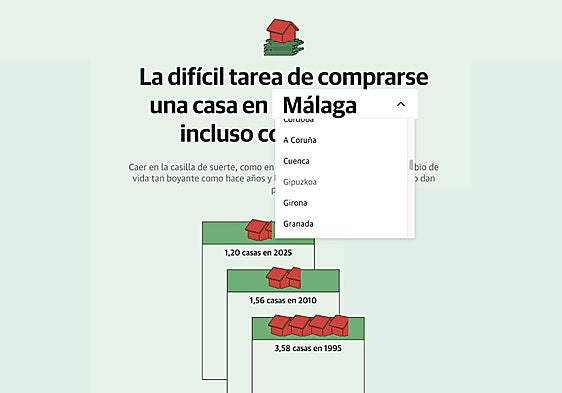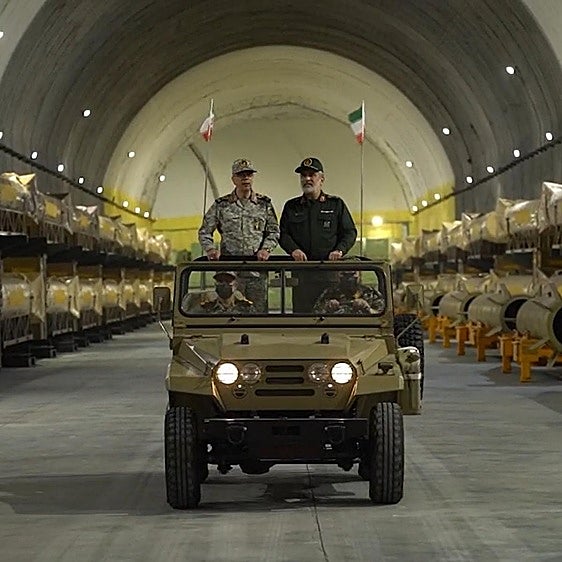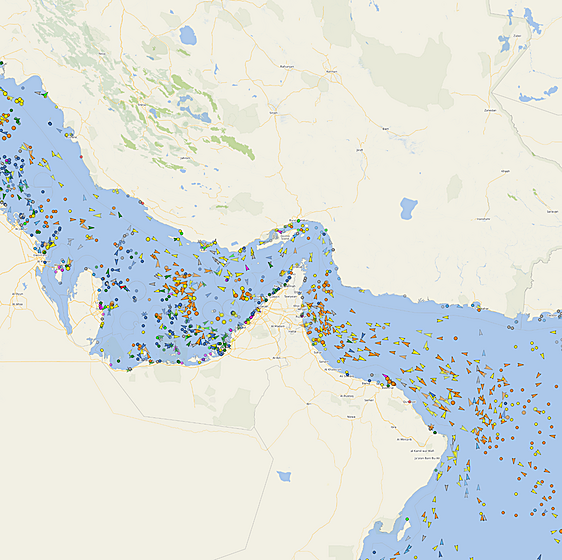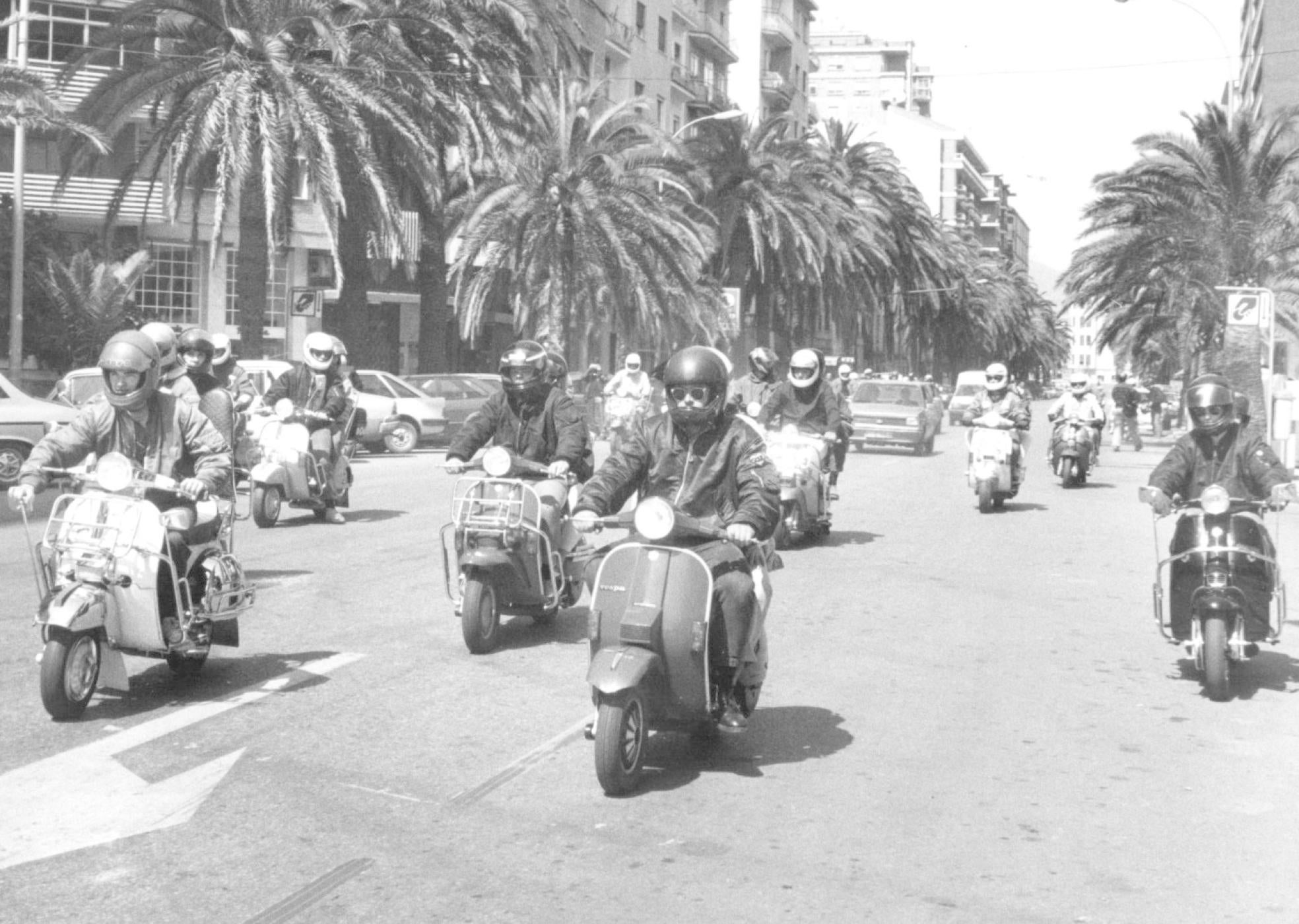When Malaga was mod
1980s. They would meet up on the corner outside Banco Santander, in their long parka-type jackets. Those who had a scooter came on that, the others had a Vespino. And so began a counter-cultural movement that gradually gained strength in the city
REGINA SOTORRÍO
Friday, 28 October 2022, 11:40
The meeting point was the corner of Calle Larios, outside Banco Santander. In the early days, before Vespas and Lambrettas became customary, they would arrive on Vespinos and Mobylettes. Those who could afford it wore a parka jacket from Carnaby Street in Soho, London, but most made do with a long green jacket that looked the part. The decade of the 1980s had just begun and a group of teenagers from Malaga were starting to form a tribe that rivalled the rockers, punks, heavies and the posh rich kids, the 'pijos'.
They were mods, a counter-cultural movement that made a place for itself in the province with its own bands, venues and a massive gathering that attracted members from all over Spain. A new book relates the history of those 'modernists' as told by one of their number in Malaga, and its first print run has almost sold out already.
The book is called Málaga es mi Ciudad, from the title of one of the most popular songs by Agentes Secretos, the Malaga band that was very prominent in the mod garage scene of the time.
Rafael Rodríguez, the author, was its bass player and these are his personal experiences, but it is still a generational portrait of a Malaga that was undergoing a complete transformation. He was a schoolboy when some fellow pupils at the San Estanislao school told him what they had seen during their summer exchange visit to England. The coolest people there were some guys with badges and ties who rode around on scooters. "And I thought, wow, I like the sound of that," he says.
He imitated the style as best he could from what he heard about it and, little by little, discovered the music of The Jam, Madness, The Kinks and The Who. Over time he realised that the musical roots of the genre went much further back, and one day in Pedregalejo someone came up to him and asked "Are you a mod? Do you know they all meet up at the Skalon bar in Calle Beatas"?
"And that was when I discovered I wasn't the only one. There were others like me, as well," he says.
There were many more, in fact. So many that Malaga became a pioneer in organising mod rallies. The first took place at Easter in 1986, just a few months after Barcelona showed the way in the summer of 1985. And until not long ago, the tradition continued. While the floats bearing religious images were being carried around the streets in the city centre, the mods would meet up on their motorcycles at Bar Colón in the Alameda de Colón or at Beat Verdi in Pedregalejo.
But 40 years ago, with no social media, YouTube or Amazon, it wasn't easy being a mod in Malaga. The main reference was the British film Quadrophenia (1979) featuring a mod called Jimmy. That's where Rodríguez copied the idea of putting a rabbit tail on the aerial of his Vespa. Those films also fuelled rivalry between the urban tribes. He recalls a screening at a movie forum in the university dining halls in El Ejido, where one half of the room was occupied by heavies and the other half by mods. Every time one of them stood up, he would be jeered at by the other gang.
Imitating what came from outside
This eagerness to imitate what came from outside is reflected in the photo on the book cover: where members of The Who were photographed sleeping on the floor, wrapped in the UK flag, they did the same on the steps of what at the time was an abandoned Miramar Palace, covered with their parkas. At first they would borrow their fathers' old jackets and the wide tie which the tailor would make narrower. Later they looked for clothes in shops with stock from the 1960s in Calle Puerta Nueva. Some went to a tailor for a made-to-measure outfit, but Rafael had a bit of luck: his friend worked at the airport and had to go to London every two weeks. He would return with the records, parkas and shoes his friends had asked him to get for them.
The Malaga mod culture spread through fanzines such as 'Caiga quien caiga', which Rafael Rodríguez produced with articles about mods, rockers and new cartoonists. He would distribute it to record shops and bars, and post some copies to other cities. In exchange he would receive British and French fanzines with the latest news about the movement.
The music of Agentes Secretos
But to be authentic mods they needed a local music group who played all the songs that every mod needed to know and also some of their own. And that is how four friends with second-hand instruments formed Agentes Secretos in the garage of Rafael Rodríguez's house in Miraflores del Palo. Manolo González, the lead vocalist, was the only one who knew how to play the guitar and keyboards, and the rest did what they could: Raúl Jiménez on rhythmic guitar, Rafael Rodríguez on the bass and Francisco Javier Burra on drums. They learned by practising time and time again until making their debut in 1986. As fate would have it, their song Málaga es su Ciudad was included a year later in edition number 4 of the 27 Puñaladas fanzine and began to be played in bars and on Radio 3. In August 1987 they recorded a disc with Cambayá Records and in January the following year 'Todo para ti' was placed alongside Nacha Pop, Radio Futura and Danza Invisible on the record shop shelves. But it was impossible to make a living from music in Malaga and there were several changes to the group before it was disbanded in 1989.
Back then the tribe continued to grow and needed new places to meet. In Calle Beatas, Rafael found a tavern with a stage on the second floor and asked the owner if he and a friend could rent it. In 1989 Club 60 opened there, a haven for the alternative Malaga with murals of mod cats and rockers painted by Michy, the first rocker in Malaga, and live mod music by bands from Barcelona, Madrid and Seville. The roof of the building collapsed during the fatal floods in November that year and the tribe moved to another venue in La Princesa district.
Club 60 closed some years later but the mod spirit remained alive in the city through festivals and gatherings. In 2018, on the 30th anniversary of Todo para Ti being released, Agentes Secretos reproduced their first and only album and returned to the stage. They even released new singles, but then the pandemic arrived and everything came to a halt. Now, they are content to be among the audience at concerts.In Fred Perry shoes and polo shirts, of course, with some badges on their jackets.



